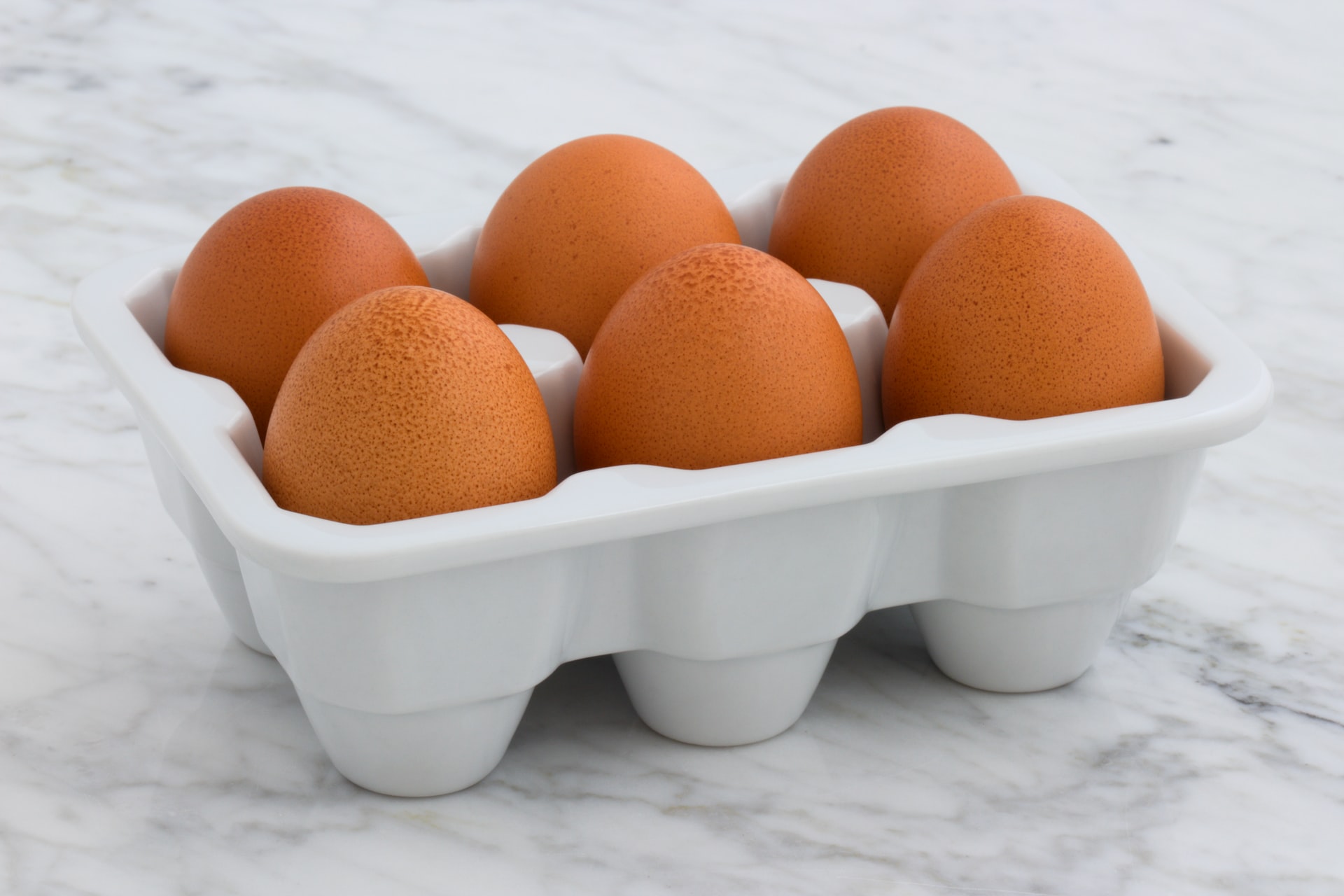A cruciferous vegetable and part of the cabbage family, kale has been considered a “superfood” for many years now. Some of the vitamins and minerals you get from kale include vitamin A, vitamin C, vitamin K, potassium, and magnesium. But can you eat it on keto?
Is Kale Keto?
Yes, kale is keto-friendly due to its low-carbohydrate nature and high fiber content. It aligns with the keto diet’s emphasis on low-carb, high-fat foods, making it a suitable choice for those aiming to achieve and maintain a state of ketosis.
Carbs in Kale
One cup of raw kale contains approximately 7 grams of total carbohydrates. However, when considering net carbs (total carbs minus fiber), it’s about 6 grams per cup. This carb content is low, making kale a keto-friendly choice for those following a low-carb, high-fat diet.
Kale Nutrition Profile
Kale is a highly nutritious leafy green vegetable that offers a variety of essential vitamins, minerals, and other beneficial compounds. Here’s an overview of kale’s nutritional profile per 1 cup (about 67 grams) of raw kale (1):
- Calories: 33
- Protein: 2.2 grams
- Carbohydrates: 6.7 grams
- Dietary fiber: 1.3 grams
- Fat: 0.5 grams
Kale is also rich in antioxidants, including flavonoids and carotenoids, which have potential health benefits. Additionally, it contains small amounts of omega-3 fatty acids and is a good source of plant-based protein. Incorporating kale into your diet can provide a wide array of nutrients that contribute to overall health and well-being.
Summary
Overall, kale is a keto-friendly choice. It’s one of the vegetables you can have that will keep your carbohydrates low, fill you up, and help control your calorie intake. However, it’s not the best source of fat and protein, which are also important on keto. Therefore, feel free to enjoy kale in different ways to meet your other macros — make a salad, smoothie, or soup.



